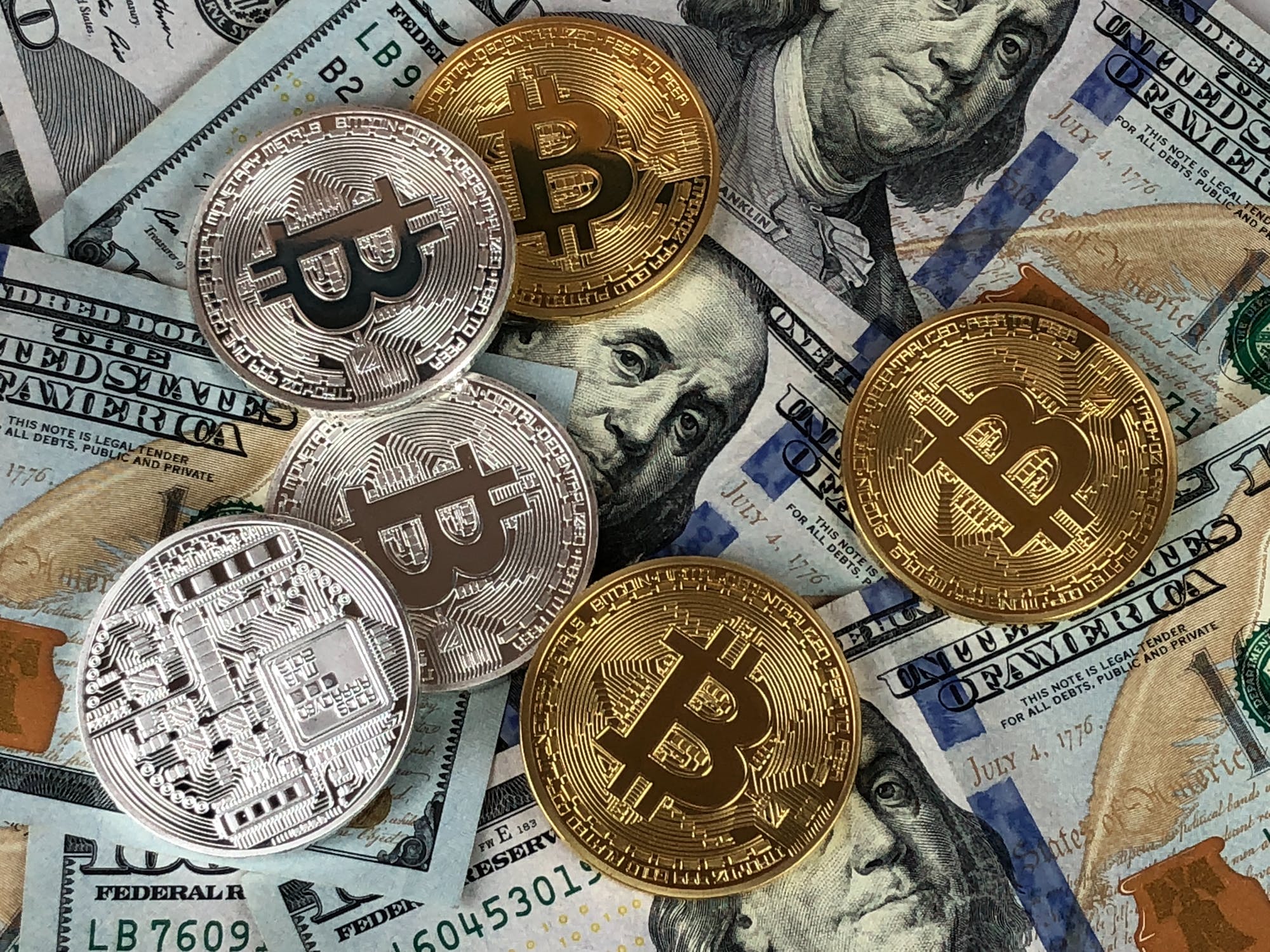Blockchain and agency risk: we just need to trust the code
Author: NEST lovers – nine chapters Heaven
People who are new to blockchain often fall into a puzzle. What kind of economic language is used to describe the meaning of blockchain? Some people say it is cost, but they do n’t see which industry ’s cost has changed because of the blockchain. Some people also say it ’s trust, and they do n’t see the quantifiable description of trust under the blockchain, so many People turn to believe that the value of blockchain lies in its immutability. These are very superficial understandings. In the language of economics, blockchain essentially changes the agency risk in the principal-agent relationship .

- Ethereum core developer: MPT hex tree will be replaced
- BKS officially logs in LBANK! Airdrop candy show!
- KPMG 2019 Global Fintech Pulse Report: Blockchain is still a key investment area, large companies and governments have already acted
Agency risks are everywhere. You entrust others to help you with things, and he has not fulfilled them; the things you have left to others have not been taken care of; or the services you paid for, in the event of an error, are all agency risks. What really worries you is that your assets are entrusted to others, causing huge losses, such as our investment funds, we invest in P2P and so on. Agency risk is the risk that the agent has no ability or fails to perform the principal-agent relationship in accordance with the rules. All of the above seem normal, and have nothing to do with the blockchain; but in fact, the true meaning of the blockchain is here: the algorithmization of agency risk through public ledger and decentralized consensus, that is, the agency risk is implicit in In the code, the code is open source and deterministic from the beginning, so the agency risk is completely known. This is the true value of the blockchain. Detrust is the risk of agency in the general sense: the risk of trust in people and institutions. Reducing costs is to avoid the risks of various adverse choices, which will lead to a reduction in social costs. Therefore, the nature of blockchain is a problem of the principal-agent framework. The change in technology has brought about a revolution in principal-agent. We no longer put the core risks on a third-party organization. Code is the law and code is the main risk.
We can give a few examples to illustrate this. Let's talk about the most well-known bitcoin in the industry first. In an ideal situation, whether we are saving or transferring assets, we do not have the problem of relying on any third party. This is also what many people say. Inviolable ". This is not without risk, for example, the code may be wrong (although it has been tested for 10 years, but it can not be said to be impossible), but the code is open source at the beginning, and for everyone, this risk is completely told It cannot be modified (except forking); more importantly, in this process, there is no possibility that an individual or institution has any effect on the BTC transfer, and we can reliably complete the point-to-point payment. This major technological innovation has completely changed the economic model of the past and brought us to a new era of trusting algorithms instead of individuals.

Check out another well-known blockchain project USDT, a digital dollar issued on Ethereum. Although USDT is on the blockchain, the system that guarantees the value of USDT is off-chain, that is, the issuer Tether company promises that each USDT is equal to one dollar. Although Tether has done a lot to ensure that this commitment is effective, such as escrow and audit of bank accounts, etc., the entire process must be truly implemented smoothly. We must trust Tether, audit institutions, custodian banks, etc. BTC fully believes that the algorithms are very different. Although the blockchain is used, its value contains huge agency risks. Once Tether and other companies fail to pay, USDT becomes a string of codes instead of a dollar.
The blockchain industry has a special type of asset called platform currency, which reflects the value of transaction fee reductions, transaction pricing, and profit return on a certain exchange platform. This type of assets, such as BNB, as a token of the Binance platform, whether it uses blockchain technology or not, is essentially the same as USDT and contains a huge agency risk, that is, the Binance Exchange can be changed, revoked or even replaced. The value on this token. What can we do? Only believe in Binance.
In addition, there is a special type of assets, such as MakerDAO's stablecoin DAI. In essence, it is a stable option. The DAI generated through ETH mortgage is an ETH-based option. It has a strict pricing formula, which is in line with the design of no agency risk in our minds, but only algorithmic risk. However, there is also a problem with DAI. The price variable that determines its value at risk is manually entered. The price does not have a good verification mechanism. It is only entered irregularly through several internal nodes. The basis for our liquidation is the so-called node's Enter the price. Obviously, this risk is not algorithmic, but you need to believe that these nodes are not evil or wrong. Although maker has a rollback mechanism, it also introduces the risk of rollback trust: Who will determine the need to rollback? Why trust them?
Through the above analysis, we can sum up a little: that in the blockchain world, a complete value interaction process, as long as there is a link in the agency risk, then it is actually different from BTC, that is, we still introduce human Risk, not code risk. Therefore, in the blockchain world, decentralized quality and agency risk are two sides of a coin, and they are expressed in different ways. The former is a perceptual description, and the latter is a rational definition. We use deagent risk to measure The degree of decentralization is completely appropriate. Not only can this be used to judge the degree of decentralization of a system, but also the areas of agency risk that can be tapped can be solved with the blockchain, so as to truly enter the era of blockchain applications.

In a world full of agency risks, we have established a set of incentive systems based on laws, institutions, and so on to maintain the effectiveness of the principal-agent structure, so that the world can operate normally. But the cost is also huge. Imagine various corporate scandals and regulatory corruption. This is an inevitable risk of the past model. No matter how well our incentive mechanism is designed, this fundamental risk cannot be eliminated. It can be said that the evolution of human society is Constantly changing models to deal with the story of agency risk. However, this change brought about by blockchain technology has the most complete elimination of agency risks. It is no longer necessary to trust any third party, whether it is an authority, hero or sage, but only trust the code! Believe in the algorithm! This is a dazzling moment in the history of finance, which is worthy of our in-depth and comprehensive digging, but most people have not returned to their hearts, thinking that it is just a small attempt, and soon compromised in the traditional model, it is sighing.
We will continue to update Blocking; if you have any questions or suggestions, please contact us!
Was this article helpful?
93 out of 132 found this helpful
Related articles
- The annual salary is as high as that of Goldman Sachs. The screen launches a battle to grab people. The first blockchain cloud recruitment will ignite "Golden Three Silver Four"
- Hunan Province announces 16 key projects for blockchain industry development
- Depth | Business opportunities brought by ABCDI in the era of digital new infrastructure
- Analysis | Market bulls are eager to move, but the callback risk cannot be ignored
- Opinion | President of the Brazilian Banking Federation: Cryptocurrencies are not real currencies and do not perform any function of currency
- Comprehensive understanding of the progress of the Bitcoin network: the daily transaction volume has increased to 340,000, and the total number of Bitcoin wallets on the entire network has reached 47 million
- QKL123 market analysis | The US epidemic is out of control, countries are beginning to throw money, Bitcoin is about to move (0327)





